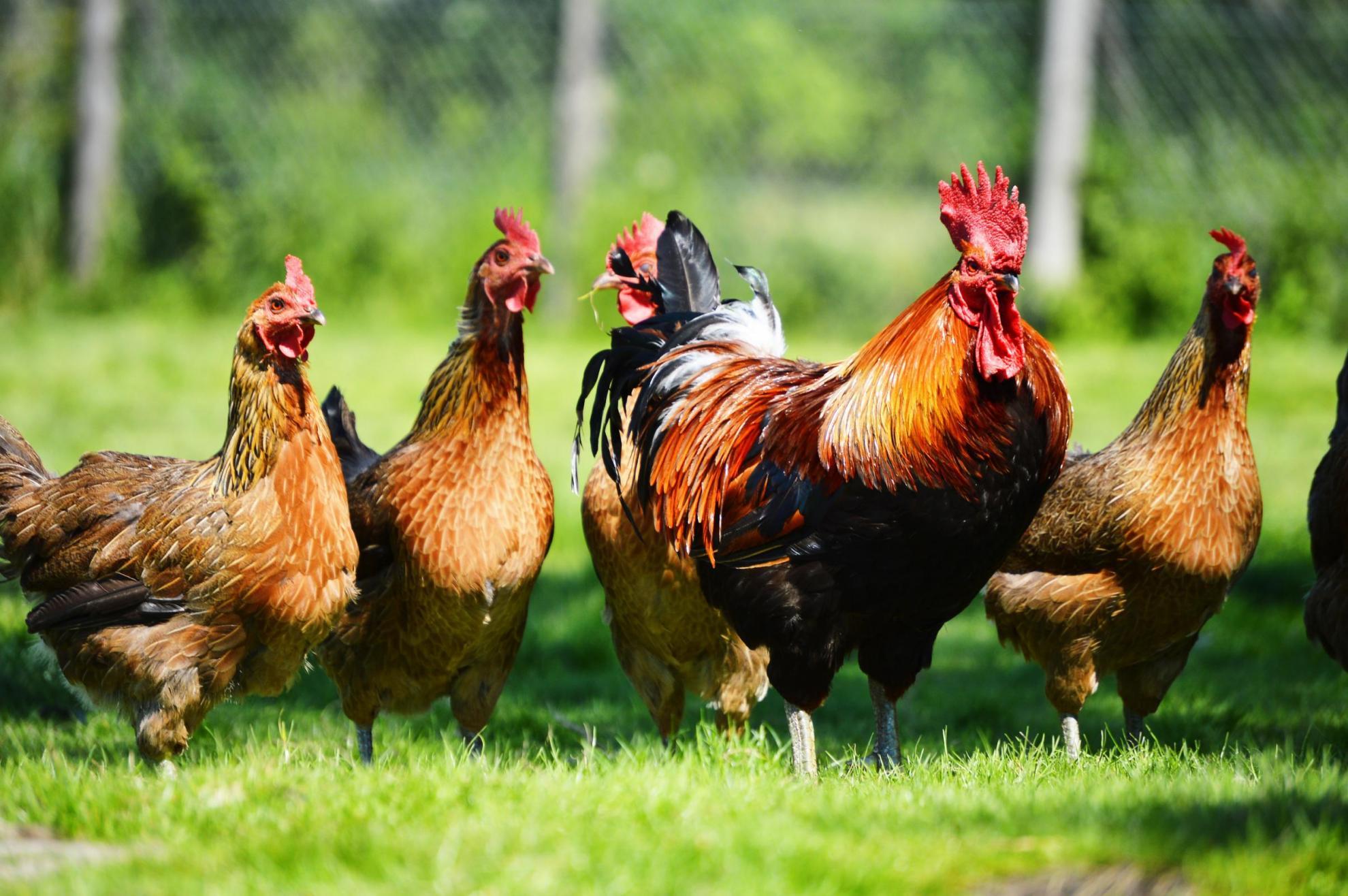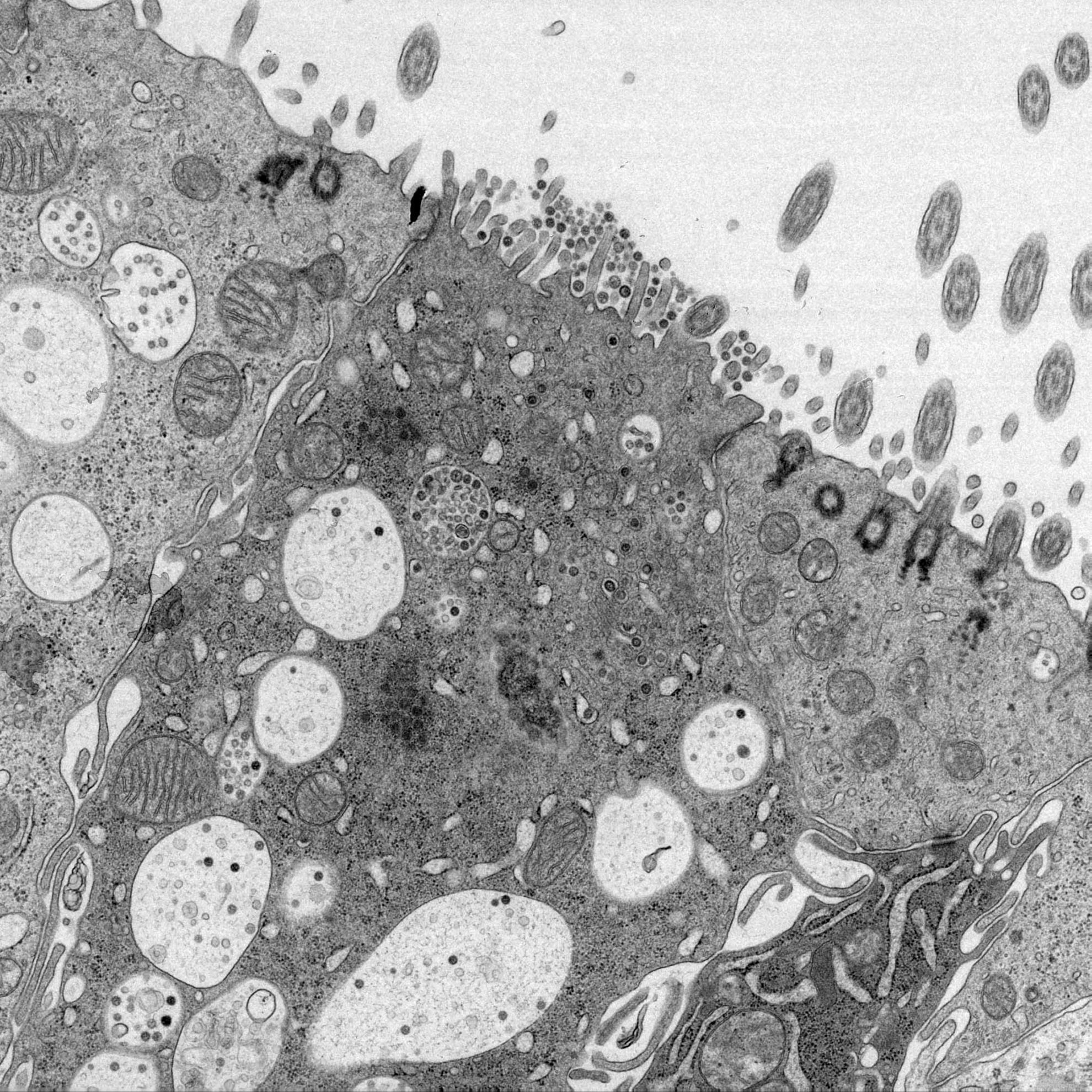Recombinant infectious bronchitis coronavirus Beaudette with the spike protein gene of the pathogenic M41 strain remains attenuated but induces protective immunity
We have replaced the ectodomain of the spike (S) protein of the Beaudette strain (Beau-R; apathogenic for Gallus domesticus chickens) of avian infectious bronchitis coronavirus (IBV) with that from the pathogenic M41 strain to produce recombinant IBV BeauR-M41(S). We have previously shown that this changed the tropism of the virus in vitro (R. Casais, B. Dove, D. Cavanagh, and P. Britton, J. Virol. 77:9084-9089, 2003). Herein we have assessed the pathogenicity and immunogenicity of BeauR-M41(S). There were no consistent differences in pathogenicity between the recombinant BeauR-M41(S) and its apathogenic parent Beau-R (based on snicking, nasal discharge, wheezing, watery eyes, rales, and ciliostasis in trachea), and both replicated poorly in trachea and nose compared to M41; the S protein from the pathogenic M41 had not altered the apathogenic nature of Beau-R. Both Beau-R and BeauR-M41(S) induced protection against challenge with M41 as assessed by absence of recovery of challenge virus and nasal exudate. With regard to snicking and ciliostasis, BeauR-M41(S) induced greater protection (seven out of nine chicks [77%]; assessed by ciliostasis) than Beau-R (one out of nine; 11%) but less than M41 (100%). The greater protection induced by BeauR-M41(S) against M41 may be related to the ectodomain of the spike protein of Beau-R differing from that of M41 by 4.1%; a small number of epitopes on the S protein may play a disproportionate role in the induction of immunity. The results are promising for the prospects of S-gene exchange for IBV vaccine development.
Back to publications

